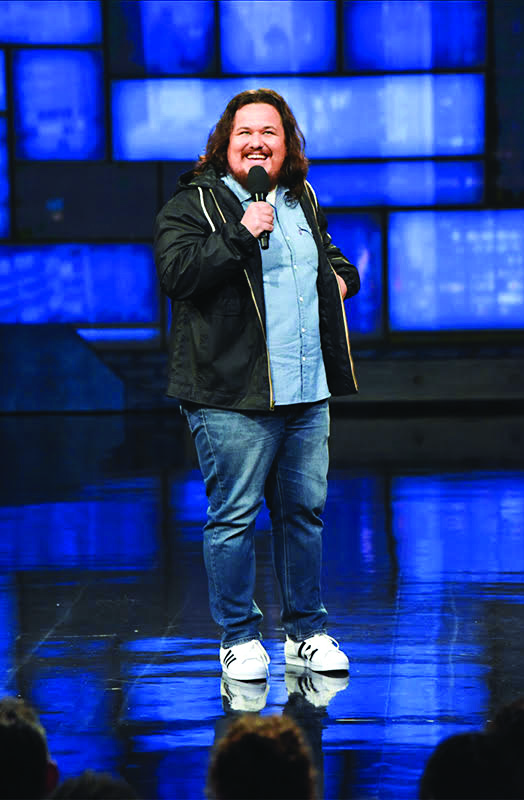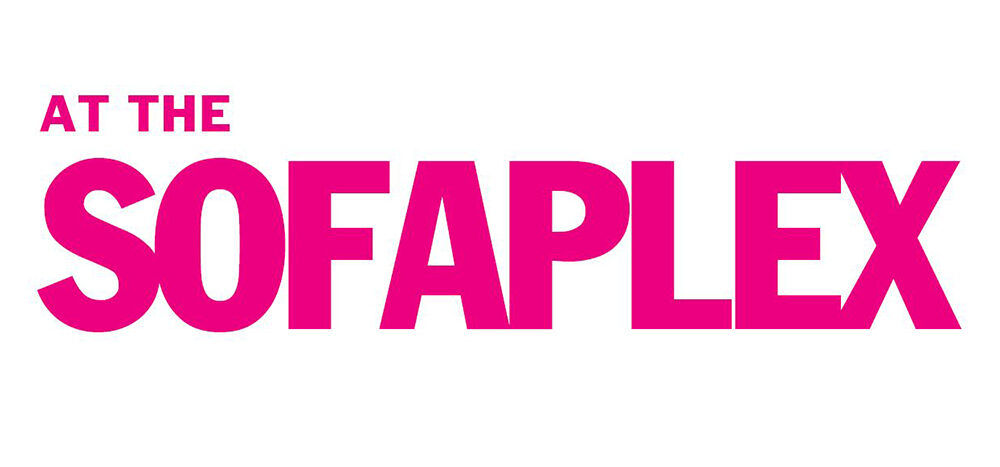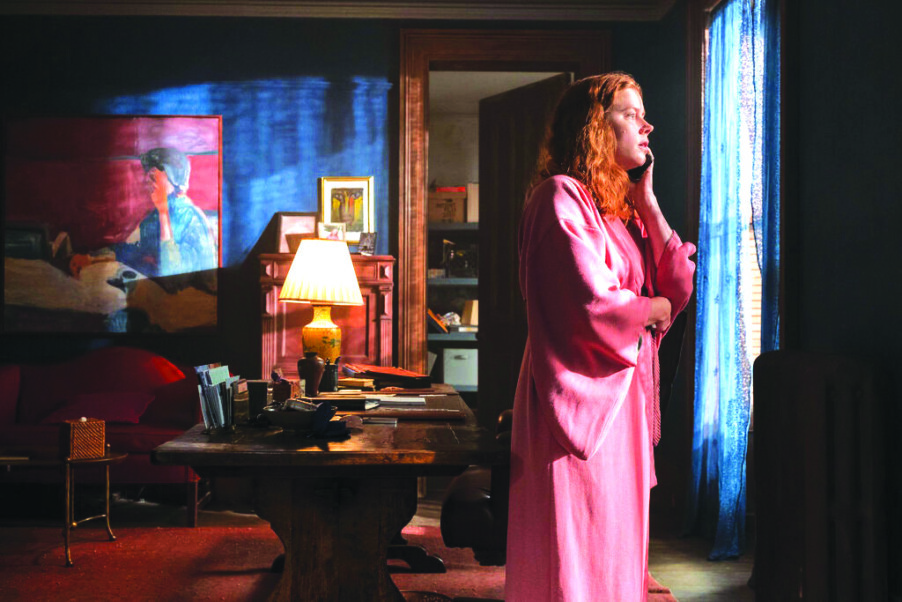Freedom, by Sebastian Junger (Simon & Schuster, 147 pages)
In 2012 Cheryl Strayed hit publishing paydirt with a memoir of her three-month solo hike on the Pacific Crest Trail. That book, Wild, was an account of how Strayed fought her way through both a literal wilderness and a wilderness of grief after her mother died from a cruelly rapid onset of lung cancer.
In his new book Freedom, Sebastian Junger also takes to the wild, with dramatically different style and intent. Best known for the commercially successful The Perfect Storm (published in 1997 if you want to feel old), Junger set off to walk a long distance along railroad lines, which happens to be illegal. This gives the account a thin tension. Will Junger and his comrades — a photographer, two Afghan War veterans and a dog — be arrested? Run over by a train? Eaten by bears? That is the extent of the mystery in this meandering account that reads at times like the collision of Reader’s Digest Condensed Books and the “N” volume of the World Book Encyclopedia — “N” for the emphasis on Native Americans.
Strayed covered 1,100 miles; Junger and his companions, 400, going from Washington, D.C., to Philadelphia to Pittsburgh. He admits in an afterword that the journey was “done in stages and not always with the same people,” which somewhat diminishes the accomplishment. But the slim book is still a surprisingly engrossing reflection of what “freedom” really means in a primitive sense, not the patriotic one, and why there is so much appeal in these stories of people who temporarily cast off the shackles of civilization for the perils and hardships of the wild.
The book is divided into three sections, titled “Run,” “Fight” and “Think.” In the first, Junger jumps right into the journey, taking no time for the formalities of explaining why he was doing this, and quickly launching into encyclopedic mode with a discourse on the freedom Native Americans had before Europeans arrived to chase and slaughter them. By the close of the section, we are weeping for the Apaches, even though Junger makes clear that brutality was not unique to the invading Europeans.
As Junger writes about the European settlers, “If you were willing to risk being captured … then you could make your way up the finger valleys of the Juniata and find a secluded spot to build a cabin and get in a quick crop of corn. … The risks were appalling and the hardships unspeakable, but no government official would ever again tell you what to do.”
In taking the journey, Junger attempts to experience not only the travails of Native Americans and the early settlers but the lifestyle of our ancestors, millennia-past. “The poor have always walked and the desperate have always slept outside. We were neither, but we were still doing something that felt ancient and hard.”
He writes vividly of the stresses of the body when moving constantly: “Sometimes you enter a great blank space where a whole hour can seem to go by faster than some of the minutes within it, and the loyal dog of your body trots along as if the entire point of its existence is to expire following your orders.”
For food, the men made fires and grilled meat and vegetables they bought when they ventured into towns, and occasionally wolfed pancakes and eggs at diners where people looked at them with a mixture of suspicion and envy. They carried a single machete, which they stuck in a tree while they slept, counting on Junger’s dog to serve as an alarm if something evil came their way.
In the second section, “Fight,” Junger returns with dismaying insistence to tales of Native American cruelty to settlers. Then he segues into stories about how the railroads were built, with equally horrific random tales of carnage. (The book could have been subtitled “1,000 horrific ways to die in early America.”) The takeaway: Trains and settling a wilderness are dangerous, as was the trip that Junger and his companions were, somewhat inexplicably, taking,
“The towns, the cops, the freight companies — no one wanted us on the lines, which was understandable. In fact, over the course of four hundred miles, we failed to come up with a single moral or legal justification for what we were doing other than the dilute principle that we weren’t causing actual harm so we should be able to keep doing it,” he writes.
In the final section, “Think,” and throughout a frayed thread that runs through the book, Junger wrestles with the perception of freedom and real freedom’s uglier realities. “People love to believe that they’re free,” he says, although flag-waving Americans “depend on a sprawling supply chain that can only function with federal oversight, and most of them pay roughly one-third of their income in taxes for the right to participate in this system.”
In the end, it’s unclear what Junger accomplished other than pulverizing his feet to something the consistency of pink oatmeal. The trip had been an escape of a 51-year-old in the middle of a divorce and was “a temporary injunction against whatever was coming” next. It’s definitely not the triumphant finish of Wild.
Except for one thing: Like Strayed, Junger got a film out of his exceedingly long hike. Called The Last Patrol, the HBO documentary came out in 2014. The book is as uneven as the territory the men crossed, but intriguing enough to make us want to see the footage. B-
BOOK NOTES
When Andy Warhol said that in the future everyone will be famous for 15 minutes, he left something out: that in the future, everyone will write a novel, whether anyone wants to read it or not.
I was reminded of this recently when listening to Four-Hour-Work-Week guru Tim Ferris interview author Steven Pressfield (A Man at Arms, W.W. Norton, 336 pages) on a podcast. Ferris, who has made a ton of money writing nonfiction, mused that he was thinking of writing a novel. Of course he is. Who isn’t?
That is clear from new fiction offerings from former President Bill Clinton and Georgia politician Stacey Abrams, not to mention a forthcoming novel from Empty Nest star Dinah Manoff.
Abrams, to her credit, is dedicated to the craft. She wrote her first novel in law school and has published eight romance novels under the pen name Selena Montgomery. She’s also written two nonfiction books. Her newest is While Justice Sleeps (Doubleday, 384 pages), billed as a thriller set within the U.S. Supreme Court.
Clinton teams up with superstar author James Patterson again for The President’s Daughter (Little, Brown and Co./Knopf), which, at 608 pages, brings to mind Clinton’s 35-minute speech in 1988 and how the crowd went wild when he finally said “In conclusion.” Somewhat predictably, it’s a thriller about the kidnapping of a president’s kid. The previous Patterson-Clinton book was The President is Missing (Little, Brown and Co., 527 pages). Apparently the president goes missing.
Less promising is Manoff’s July release of The Real True Hollywood Story of Jackie Gold, billed as a coming-of-age story set in Hollywood (Star Alley Press, 338 pages). Right now it’s only offered on Kindle and it appears to be the first book published by this company, which may be a cover for self-publishing. If it flops, it doesn’t take away from Manoff’s other talents (she did, after all, win a Tony) but only suggests that maybe, just maybe, everyone doesn’t have a novel in them.
Andy Warhol, by the way, thought he did. Though famous for his pop art, Warhol wrote something that he called a novel — literally. A, a Novel (Grove Press, 451 pages) was not especially well-received in 1968 and, being largely a transcript of recordings, can barely be called a novel, but a first edition is going for $6,500 on Amazon. If you’ve got one somewhere, get thee to a book dealer, fast.
Books
Author events
• MEREDITH TATE AND CAMERON LUND Tate presents Shipped. Lund presents Heartbreakers and Fakers. Hosted by Gibson’s Bookstore in Concord. Virtual, via Zoom. Thurs., May 20, 7 p.m. Registration required. Visit gibsonsbookstore.com or call 224-0562.
• GLENN A. KNOBLOCK Author presents Hidden History of Lake Winnipesaukee. Hosted by Gibson’s Bookstore in Concord. Virtual, via Zoom. Wed., May 26, 7 p.m. Registration required. Visit gibsonsbookstore.com or call 224-0562.
• KEVIN KWAN Author presents Sex and Vanity. Hosted by The Music Hall in Portsmouth. Thurs., May 27, 7 p.m. Virtual. Tickets cost $5. Visit themusichall.org or call 436-2400.
• JAMIE DUCHARME AND JEFFREY KLUGER Ducharme presents Big Vape: The Incendiary Rise of Juul. Kluger presents Holdout. Hosted by Gibson’s Bookstore in Concord. Virtual, via Zoom. Wed., June 2, 7 p.m. Registration required. Visit gibsonsbookstore.com or call 224-0562.
• ANNETTE GORDON-REED Author presents On Juneteenth. Hosted by The Music Hall in Portsmouth. Thurs., June 3, 7 p.m. Virtual. Tickets cost $5. Visit themusichall.org or call 436-2400.
• LIN-MANUEL MIRANDA, QUIARA ALEGRIA HUDES AND JEREMY MCCARTER Authors present the launch of their new book, In the Heights: Finding Home. Hosted by Gibson’s Bookstore in Concord. Virtual, via Zoom. Tues., June 15, 8 p.m. Registration and tickets required. Tickets cost $40 to $44. Visit gibsonsbookstore.com or call 224-0562.
Call for submissions
• COVID POETRY ANTHOLOGY New Hampshire residents are invited to submit original poems for review and possible publication in COVID Spring Vol. II,an anthology of poetry about the pandemic experience in New Hampshire, to be edited by New Hampshire Poet Laureate Alexandria Peary and published by Hobblebush Books this summer. Youth age 18 and under may also submit original poems to be considered for the anthology’s new youth section. Submit a poem or poems (up to three) by Sun., May 23, through the online submission form at hobblebush.com/anthology-submissions. Poets will be notified of the editor’s decision by June 15.
• NH LITERARY AWARDS The New Hampshire Writers’ Project seeks submissions for its Biennial New Hampshire Literary Awards, which recognize published works written about New Hampshire and works written by New Hampshire natives or residents. Books must have been published between Jan. 1, 2019 and Dec. 31, 2020 and may be nominated in fiction, nonfiction, poetry, children’s picture books, middle grade/young adult books. All entries will be read and evaluated by a panel of judges assembled by the NHWP. Submission deadline is Mon., June 21, 5 p.m. Visit nhwritersproject.org/new-hampshire-literary-awards.
Featured photo: Freedom






